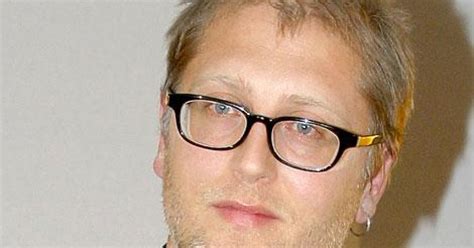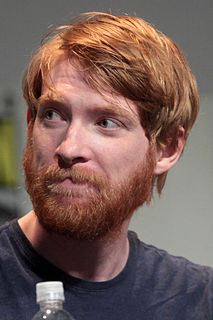A Quote by Samantha Hunt
One book that has meant much to my writing is W.G. Sebald's The Emigrants. He uses a photograph of Vladimir Nabokov hunting butterflies in a similar way. The image or a reference to the image is traced throughout the four separate narratives. It sometimes seems to be the only link between the pieces, while the symbol Nabokov cuts remains wide open, a pencil sketch, a mystery to interpret outside his role as emigrant/observer.
Related Quotes
Vladimir Nabokov was a writer who cared nothing for music and whose favorite sport was the pursuit, capture, and murder of butterflies. This explains many things; for example, the fact that Nabokov's novels, for all their elegance and wit, resemble nothing so much as butterflies pinned to a board: pretty but dead; symmetrical but stiff.
Of course, both [Oscar] Wilde & [Vladimir] Nabokov believe in many things, and these things emerge in their writing clearly - for Wilde, the folly of humankind and the (romantic) grandeur of the heroic, lone individual (not unlike Wilde himself); for Nabokov, the possibility of a kind of transcendence through a great, prevailing, superior sort of love (especially in Ada, the most self-congratulatory of novels.)
At Cornell University, my professor of European literature, Vladimir Nabokov, changed the way I read and the way I write. Words could paint pictures, I learned from him. Choosing the right word, and the right word order, he illustrated, could make an enormous difference in conveying an image or an idea.
There is no God separate from you, no God higher than you, the real "you." All the gods are little beings to you, all the ideas of God and Father in heaven are but your own reflection. God Himself is your image. “God created man after His own image." That is wrong. Man creates God after his own image. That is right. Throughout the universe we are creating gods after our own image. We create the god and fall down at his feet and worship him; and when this dream comes, we love it !
For a Nabokov fan, paging through 'Fine Lines,' which includes a critical introduction and several essayistic evaluations of Nabokov's scientific oeuvre, can feel a bit like reading the second half of 'Pale Fire': one is confronted by a content-rich, almost dementedly tangential commentary on an increasingly inscrutable work.







































